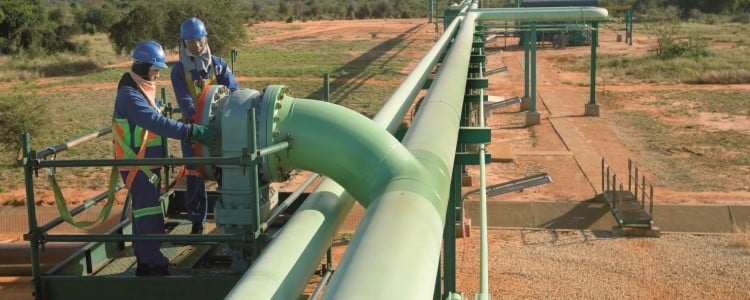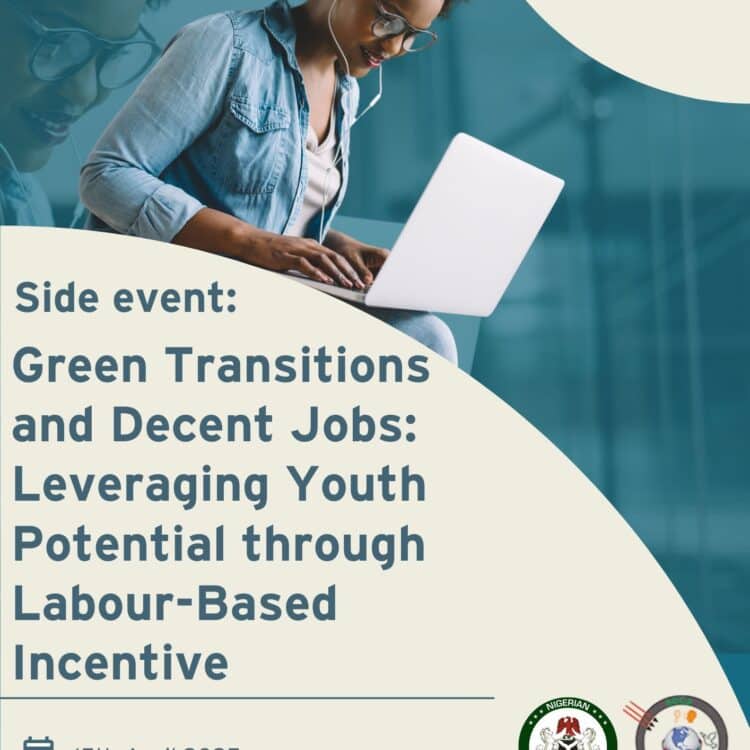
The Mozambican government has articulated its productive employment policies in various national policy documents. However, due to challenges in the implementation of these policies at the local level, guidelines, debates and activities on how investments, especially in the extractive industry, can contribute to productive employment remain fragmented. One of the results is that youth feel excluded from the development initiatives being implemented in their locality.
The proposed solution through this National Level Activity is to create a more structured and holistic network that shares knowledge and promotes the prioritization of local interests by investors in the extraction of natural resources. The knowledge activities will facilitate the involvement of youth in the social and economic development of Mozambique, focusing on extractive industry projects in Cabo Delgado Province.
This is one of the African Policy Dialogues that are initiated by Platform members and supported by INCLUDE. With these communities, INCLUDE encourages the use of existing knowledge in policy engagement in African countries and facilitates the uptake of the findings of NWO-WOTRO & INCLUDE research projects at the national level or fills gaps in INCLUDE’s knowledge agenda not covered by these projects.




